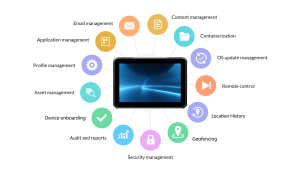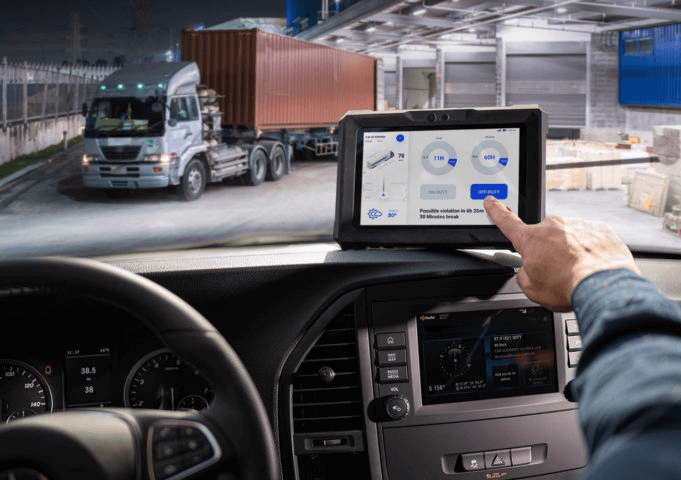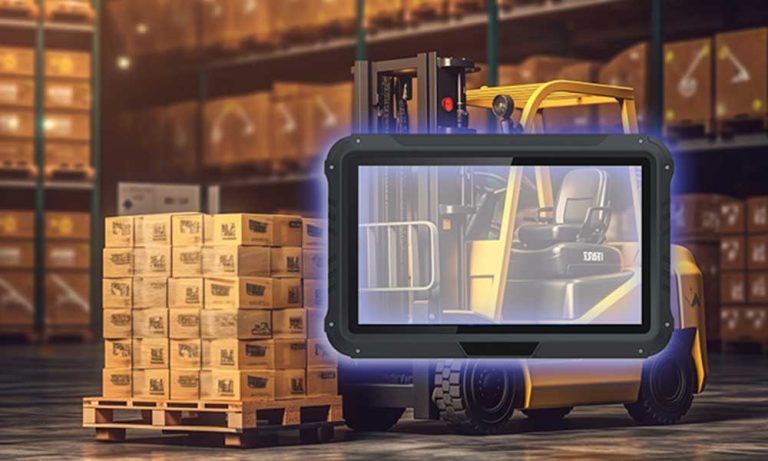Part 1: Introducing Embedded Systems:
Embedded systems are specialized computing systems designed to perform specific tasks within larger electronic devices or systems. Unlike general-purpose computers, which are capable of running a variety of applications, embedded systems are tailored to execute predefined functions efficiently and reliably. These systems typically consist of a combination of hardware components such as microcontrollers or microprocessors, memory, input/output interfaces, and software firmware.
Embedded systems are ubiquitous in modern technology, found in a wide range of applications spanning industries such as automotive, healthcare, consumer electronics, aerospace, industrial automation, and more. They power everything from household appliances and smartphones to complex machinery and automotive systems, playing a crucial role in enabling functionality, automation, and connectivity in today’s interconnected world.
Part 2: Why Industries Need Embedded Systems: Industries rely on embedded systems for a multitude of reasons, including:
- Customization and Optimization: Embedded systems can be customized and optimized to meet the specific requirements and constraints of various applications, such as size, power consumption, performance, and reliability. This flexibility allows manufacturers to design tailored solutions that efficiently address the needs of their target markets.
- Real-time Control and Monitoring: Embedded systems excel at real-time control and monitoring tasks, providing rapid response times and precise execution of critical functions. Industries leverage embedded systems to automate processes, regulate parameters, collect sensor data, and make decisions in milliseconds, enhancing operational efficiency and accuracy.
- Cost-effectiveness: Embedded systems often offer cost-effective solutions compared to general-purpose computers or traditional hardware implementations. By integrating multiple functions into a single embedded platform, manufacturers can reduce hardware complexity, minimize component count, and lower production costs without compromising performance or functionality.
- Reliability and Stability: Embedded systems are engineered for reliability and stability, with robust hardware designs and streamlined software architectures. These systems are less prone to software crashes, hardware failures, or compatibility issues, making them ideal for mission-critical applications where downtime is not an option.
- Scalability and Modularity: Embedded systems support scalability and modularity, allowing for future expansion or upgrades as technology evolves or business requirements change. Manufacturers can easily extend the capabilities of embedded systems through firmware updates, hardware enhancements, or integration with complementary technologies.
Part 3: CFDEVICE: Revolutionizing Industry with Embedded Systems in Vehicle Mount Computers (VMCs):
CFDEVICE is a leading manufacturer of vehicle mount computers (VMCs) equipped with embedded systems, including their flagship product, the Mobile Device Manager (MDM). The MDM harnesses the power of embedded systems to deliver advanced functionality, reliability, and performance in industrial environments.
MDM Features and Benefits:

- Embedded System Architecture: The MDM integrates a powerful embedded system architecture comprising a high-performance processor, memory, and specialized firmware tailored for industrial applications.
- Real-time Control and Monitoring: With its embedded systems, the MDM enables real-time control and monitoring of vehicle operations, allowing for precise management of critical functions such as fleet tracking, asset monitoring, and safety compliance.
- Customizable Software Platform: CFDEVICE provides a customizable software platform for the MDM, allowing industries to tailor the system to their specific needs and integrate with existing infrastructure seamlessly.
- Enhanced Connectivity: The MDM offers robust connectivity options, including Wi-Fi, Bluetooth, cellular, and GPS, enabling seamless communication between vehicles, control centers, and external systems.
- Ruggedized Design: Designed for durability and reliability, the MDM features a ruggedized enclosure, shock-resistant components, and IP-rated protection against dust, water, and environmental hazards.
- Scalability and Flexibility: CFDEVICE’s embedded systems empower the MDM with scalability and flexibility, allowing for easy expansion, upgrades, and integration with emerging technologies to future-proof industrial operations.
that’s how we use in Ming Industry
In conclusion, embedded systems are indispensable tools driving innovation and efficiency across industries, including manufacturing, transportation, healthcare, and beyond. With companies like CFDEVICE leading the way in developing advanced solutions like the MDM, powered by embedded systems, industries can unlock new possibilities, optimize processes, and stay ahead in today’s competitive landscape.














